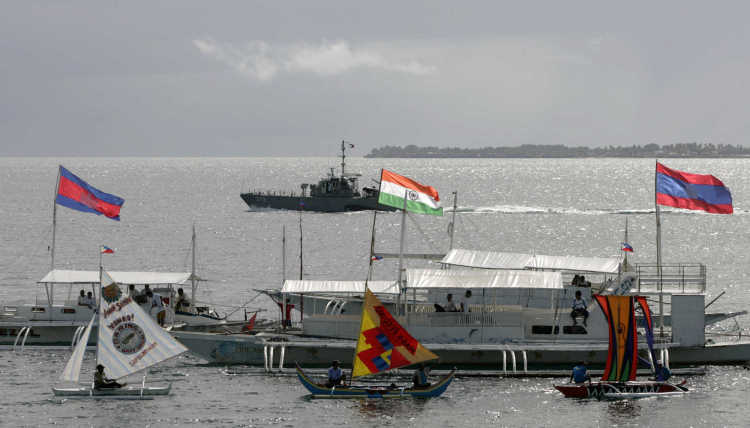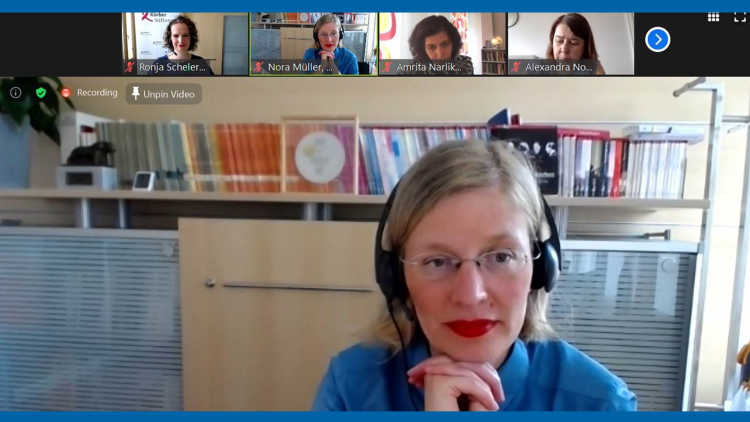- Startseite
- Forschung & Transfer
- Forschungsprojekte
- Legitimate Multipolarity
Legitimate Multipolarity
Global governance institutions work differently under conditions of multipolarity. In a first step, in this project we investigate the legitimacy deficits of global governance institutions under conditions of multipolarity. In a second step, we analyse possible solutions to such problems put forward in rising powers’ foreign policy discourses. Legitimate Multipolarity adopts an empirical approach to the study of legitimacy and contributes to a global understanding of multilateralism’s merits, pitfalls – and prospects for reform.
DFG, 2018-2022
Team
Leitung
Forschungsfragen
What are the legitimacy deficits of the WTO, AIIB, and G20 in terms of their rightful source of authority, performance, and articulations of dissent by member countries as evidenced in relevant public discourses? (RQ1) In how far do contemporary foreign policy discourses in China and India reflect upon and provide ideational resources for the resolution of legitimacy problems in global governance under conditions of multipolarity? (RQ2)
Beitrag zu internationaler Forschung
We do so in two consecutive steps. First, we look into global public discourses of three particular global governance institutions over the course of the past decade, which together capture core elements of today’s multipolar constellation: The World Trade Organization, an established and inclusive global institution that looks increasingly dysfunctional; the G-20, an exclusive club of major powers that claims to be the “premier forum for international economic cooperation”; and the Asian Infrastructure Investment Bank, a multilateral bank initiated by China. Adopting a truly “global approach” to research, we collect assessments of all three institutions’ legitimacy from the Philippines to Brazil and from Switzerland to South Africa.
In a second step, the project analyses possible solutions to legitimacy deficits from within the two most prominent “rising powers”, China and India. Systematically analyzing ideas expressed in foreign policies or emanating from political discourses (2009-2019) within China and India, Legitimate Multipolarity contributes to a global understanding of multilateralism’s merits, pitfalls – and prospects for reform.
Forschungsdesign und Methoden
Legitimate Multipolarity adopts an empirical, not normative, approach to the study of legitimacy. From that perspective, legitimacy deficits of global governance institutions under conditions of multipolarity arise from members’ doubts about the rightful sources of authority, poor performance, and articulations of dissent. The project’s first work package (WP1) is composed of three case studies of individual global governance institutions – the World Trade Organisation (WTO), the Group of Twenty (G20), and the Asian Infrastructure Investment Bank (AIIB) – which together comprise key elements of our understanding of multipolarity. For each institution we outline legitimacy deficits as evidenced in relevant public discourses. We consider discourses within rising and established powers and developing countries as well as discourses at the trans- and international level. The second work package (WP2) critically examines potential solutions to legitimacy problems put forward from within the two most prominent rising powers, China and India. It does so by systematically analysing ideas expressed in foreign policies or emanating from discourses (2008-2016) within China and India.











